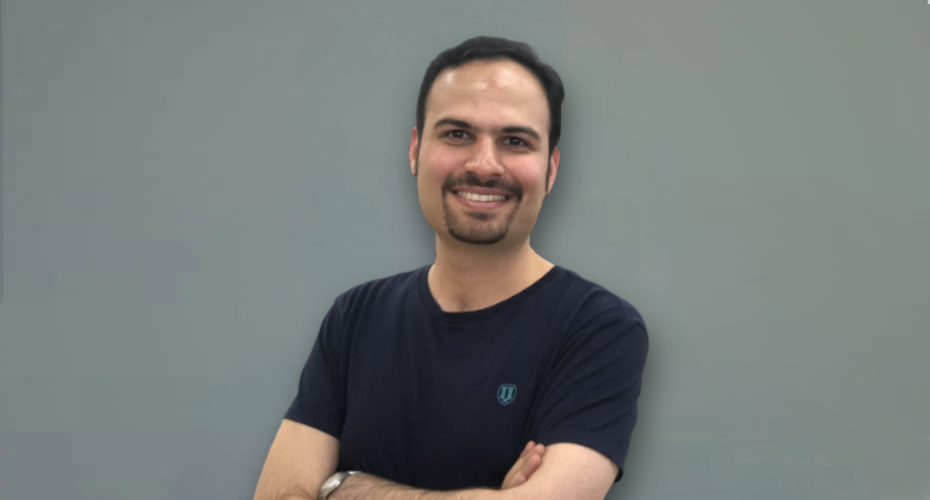
Milad Latifi on creating smarter water solutions through a KTP
6 October 2025
Milad Latifi on creating smarter water solutions through a KTP
A Knowledge Transfer Partnership (KTP) between the University of Exeter and Datatecnics has delivered a step change in how water companies manage one of their most pressing challenges: ageing infrastructure.
Across the UK, much of the water distribution network is more than a century old. Many pipes date back to the Victorian era and are buried out of sight, making it difficult to monitor their condition. Failures are disruptive, costly, and potentially damaging to the environment. With climate change and population growth adding further pressures, the need for proactive solutions has never been greater.
Through the KTP, Datatecnics partnered with Exeter’s Centre for Water Systems to develop Ground Truth, an artificial intelligence (AI) tool that predicts which pipes are most at risk of failure. By combining geotechnical data, engineering expertise, and machine learning, the project created the first dataset of its kind to capture how pressure, soil movement, and environmental stresses affect pipes below ground. This enabled the development of predictive models that allow utilities to identify problems before they occur.
At the heart of the project was KTP Associate Dr Milad Latifi, supervised by Professors Raziyeh Farmani and Akbar A. Javadi, alongside industry supervisor Mr. Suhayl Zulfiquar. With a background spanning both academia and the water sector, Dr Latifi was well placed to bridge research and practice.
“Before joining the KTP, I had experience in both academia and the water industry,” he explains. “I was comfortable in both environments, but it was not easy to pick one of them. The KTP gave me a unique opportunity to stay in between – to act as a bridge between academia and industry.”
The impact has been clear. Ground Truth showed how predictive analytics can transform water management, helping utilities plan interventions, reduce emergency repairs, and improve long-term resilience. The project was also recognised nationally, being shortlisted for the prestigious KTP Awards, as well as winning the “Bright Future Award: Early Career Research Impact” at the University’s 2024 Knowledge Exchange Awards.
“The most rewarding part was seeing how the solution we developed was embedded in water utility companies,” says Dr Latifi. “It was exciting to see how valuable it could be, helping them allocate budgets to the right places for asset management and replacement.”
Alongside the technical innovation, the KTP offered personal and professional growth. “I gained a wide range of skills,” he reflects. “Not only the technical aspects, but also project management and working directly with providers and stakeholders. For people who don’t want just a routine job and want to come out of their comfort zone, I would say: do apply for a KTP.”
Dr Latifi is quick to emphasise that this was a team effort. He acknowledges the contribution of his supervisors, colleagues, and a dedicated PhD student who joined the project to support the modelling work. “I really want to appreciate my supervisors – Professors Raziyeh Farmani and Akbar A. Javadi, and my industrial supervisor Mr. Suhayl Zulfiquar. PhD student Ramiz Beig Zali provided finite element modelling expertise that underpinned the predictive framework, while the wider KTP team, including Sophie O’Callaghan and Julie Pearce, ensured the partnership ran smoothly. Their commitment and assistance were instrumental, and the project would not have been possible without their contributions.”
For academics considering a KTP, the project offers a compelling example of what can be achieved when research expertise is combined with industry ambition. As Dr Latifi notes, “At the end of a KTP, you have the choice – you can go into academia or join industry. It really gives you the opportunity to decide your path.”
Ground Truth demonstrates how innovation partnerships can accelerate change in even the most traditional sectors, translating academic expertise into practical tools with global relevance.
Related Links
- Advanced Engineering and Manufacturing
- Data Science and Artificial Intelligence
- Knowledge Transfer
- Working with business




